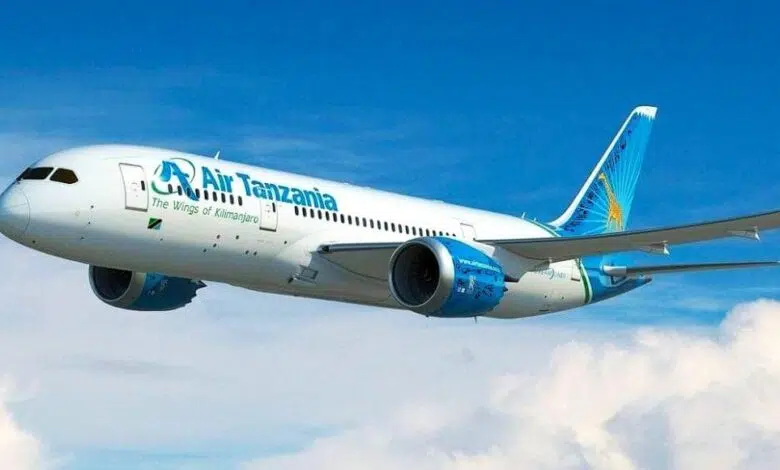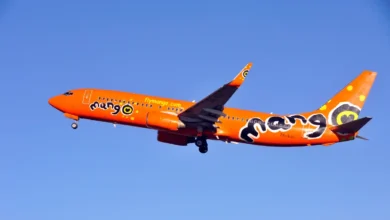EU bans Tanzanian airlines from its airspace: what it means for the country’s aviation sector

The European Union has officially banned all Tanzanian airlines from operating within EU airspace. The decision, confirmed in the EU’s May 2025 aviation safety review, is a major blow to Tanzania’s aviation sector and to President Samia Suluhu Hassan’s efforts to strengthen international aviation ties.
ALSO READ: Public Transport Costs — Taxi, Bus, and Train Fare Guide for 2025
Why the EU banned Tanzanian airlines
According to the European Commission, the ban comes after safety concerns were raised about Tanzania’s regulatory oversight of its aviation sector. The EU regularly assesses the safety performance of airlines from around the world. In its latest review, all air carriers certified in Tanzania were added to its aviation blacklist.
This means that no Tanzanian airline — including the national carrier, Air Tanzania — can fly into, within, or over any EU member state’s airspace. While there were no Tanzanian airlines currently flying direct routes into Europe at the time of the ban, the blacklisting significantly damages the country’s international aviation reputation.
What the ban means for Tanzania’s aviation future
The ban could delay Tanzania’s ambitions to expand its airline services into global markets. The country has been investing heavily in upgrading its aviation infrastructure and fleet. Air Tanzania, for example, recently launched new regional routes and had plans to expand long-haul flights, including into Europe.
Now, these ambitions face serious challenges. International passengers and investors may question the safety and standards of Tanzanian airlines. In addition, the ban could deter future partnerships with international aviation stakeholders and aircraft manufacturers.
How this impacts travellers and tourism
Although no Tanzanian airlines currently operate direct flights to Europe, the EU ban could still affect tourism and regional connections. European travel agencies and tour operators may hesitate to promote packages involving Tanzanian domestic or regional carriers, particularly if safety is a concern.
The timing is also unfortunate, given Tanzania’s growing popularity among European tourists. Iconic attractions like Mount Kilimanjaro, Serengeti National Park, and Zanzibar have been drawing visitors from across Europe. With this ban in place, it becomes harder to build confidence in flying with Tanzanian airlines for connecting routes.
Tanzania’s government response
So far, the Tanzanian government has not issued a formal statement in response to the EU’s decision. However, aviation experts suggest the government will need to act quickly to address the issues flagged by EU regulators. This may include improving regulatory oversight, updating safety protocols, and cooperating with international aviation bodies.
In the past, other countries have been removed from the EU blacklist after making improvements. Tanzania may follow the same path — but only if it prioritises reforms and proves its commitment to international aviation standards.
The EU ban on Tanzanian airlines is a major setback for the country’s aviation industry and its international reputation. While no direct flights to Europe were in place, the decision sends a strong signal about the need for stronger aviation oversight and safety practices.
For Tanzania to re-enter EU airspace, urgent reforms and transparency will be key. The coming months will be critical as the government and aviation authorities work to rebuild trust and restore global confidence in the country’s air travel industry.
